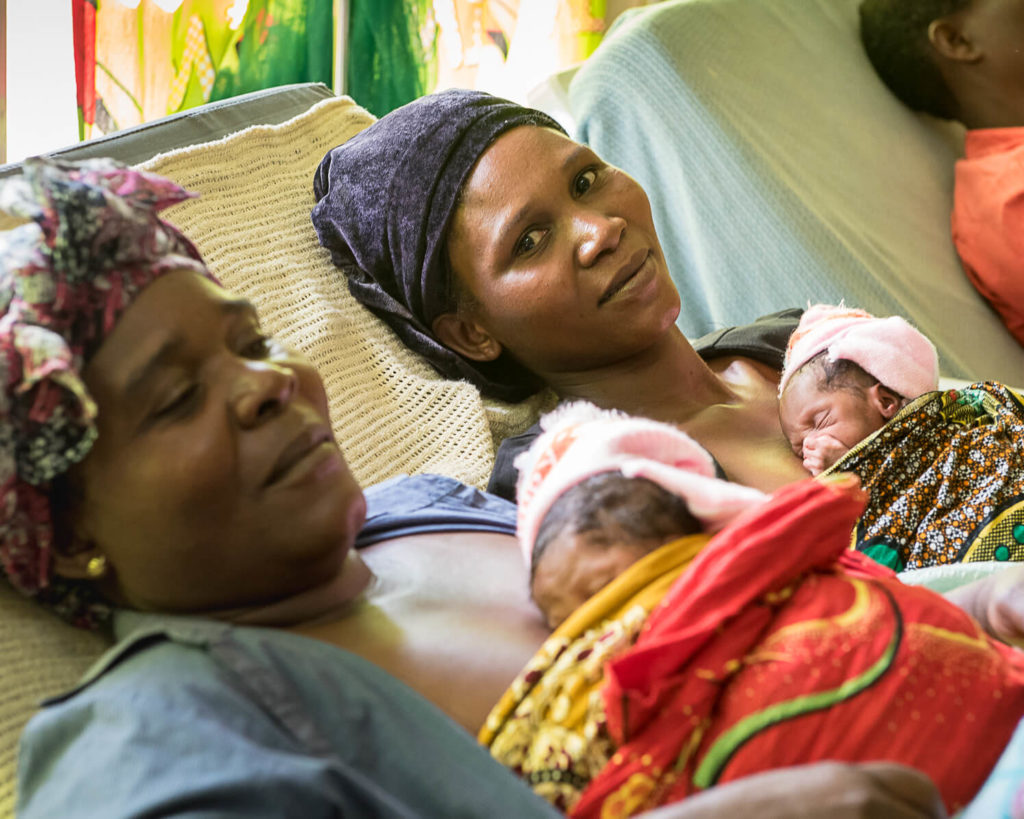Resources
Resources
In partnership with countries around the world, we have developed hundreds of resources to help strengthen the foundations of health systems. Please search our Resources to learn more about our publications, research, programmatic approaches, tools, and learnings.
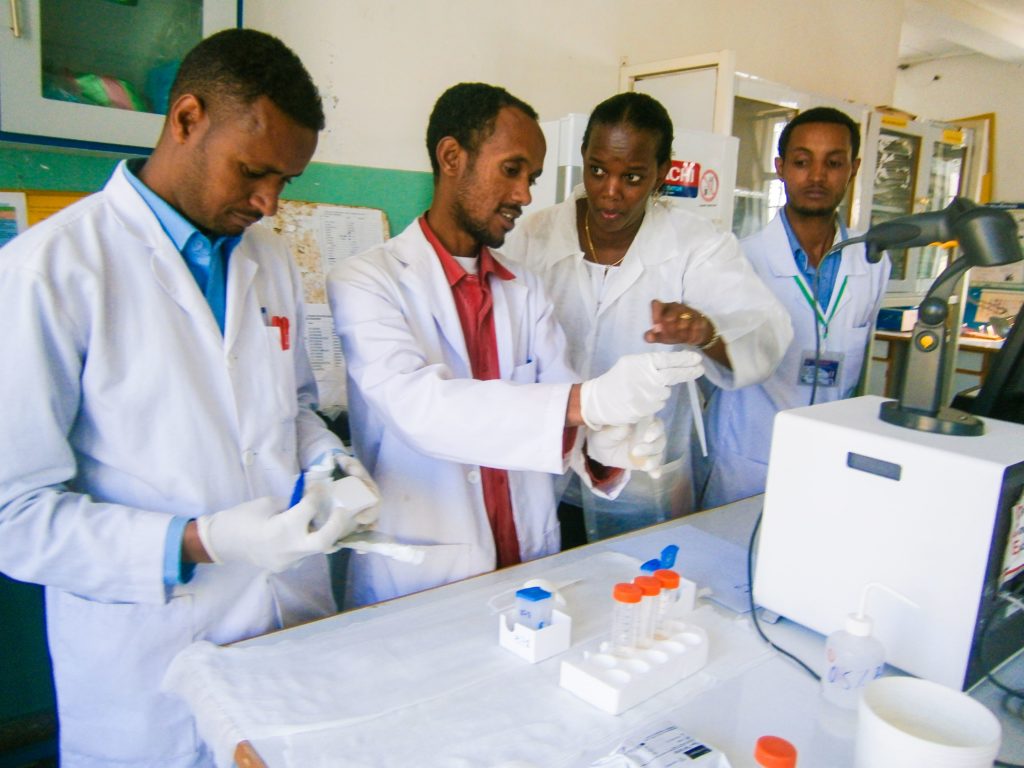
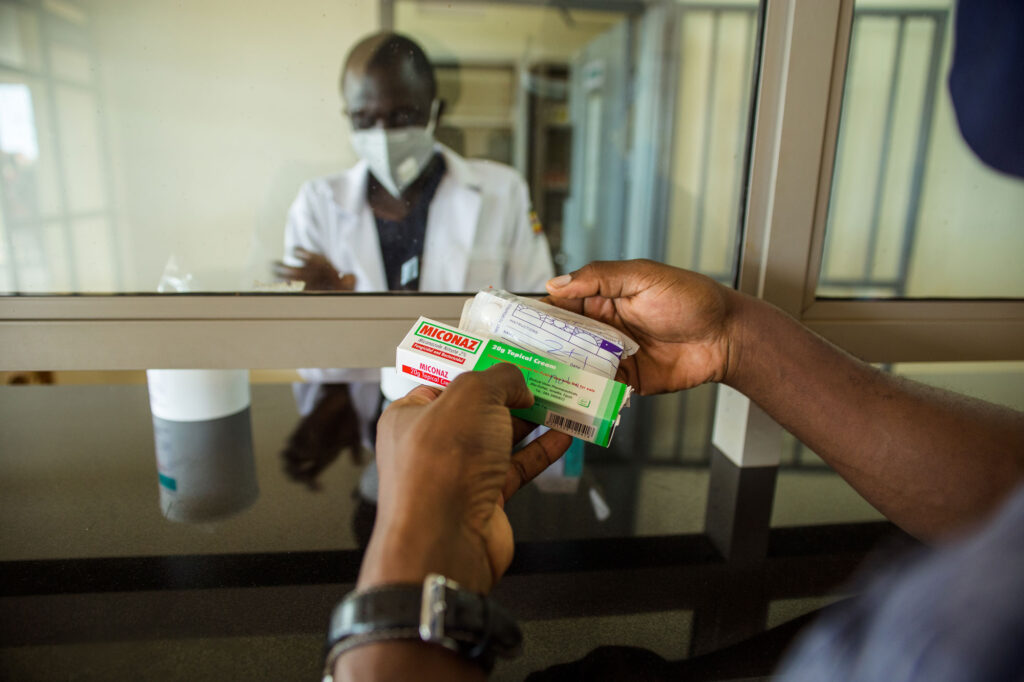
Strengthening Supply Chain and Pharmaceutical Systems for Sustained Health Impact
For more than three decades, Management Sciences for Health (MSH) has partnered with countries to build high-performing supply chains that ensure reliable access to safe, effective, quality-assured medicines and people-centered pharmaceutical services. MSH takes a holistic approach that fosters country-led innovation, whole-of-society engagement and collaboration, private-sector engagement, and effective leadership and governance. This ensures both reliable, affordable access to and sustainable delivery of medical products when and where they are needed and their appropriate use to save lives and improve health.
Topical
Supporting local ownership of transition processes: a key pathway to sustaining the HIV response
Globally, an increasing number of countries have made progress towards HIV epidemic control, yet decreasing donor funding and insufficient domestic in…
Reflections on the Lancet Commission on Investing in Health’s Global Health 2050 report
Capacity Strengthening using Digital Tools: A Lifesaving Investment in the Health Workforce
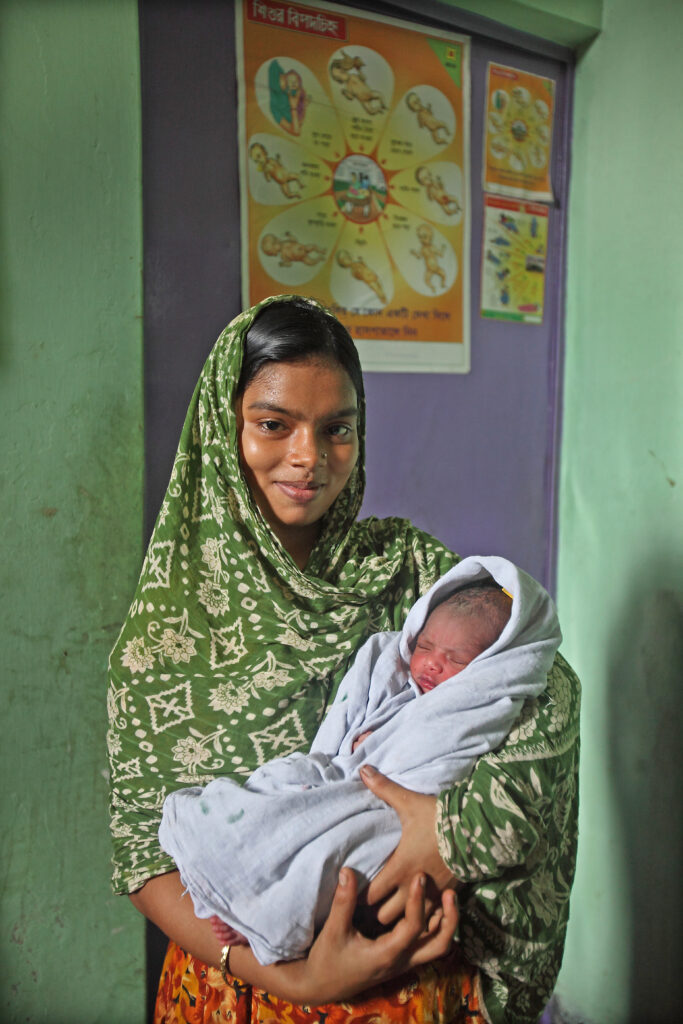
Building a Healthier Tomorrow in Bangladesh: The Legacy of the Healthy Women, Healthy Families Project
Healthy Women, Healthy Families Learning Workshop Report
The MSH-led Healthy Women, Healthy Families (Shustha Ma, Shustha Poribar) project held a learning capturing workshop in June 2024 to gain insight on t…
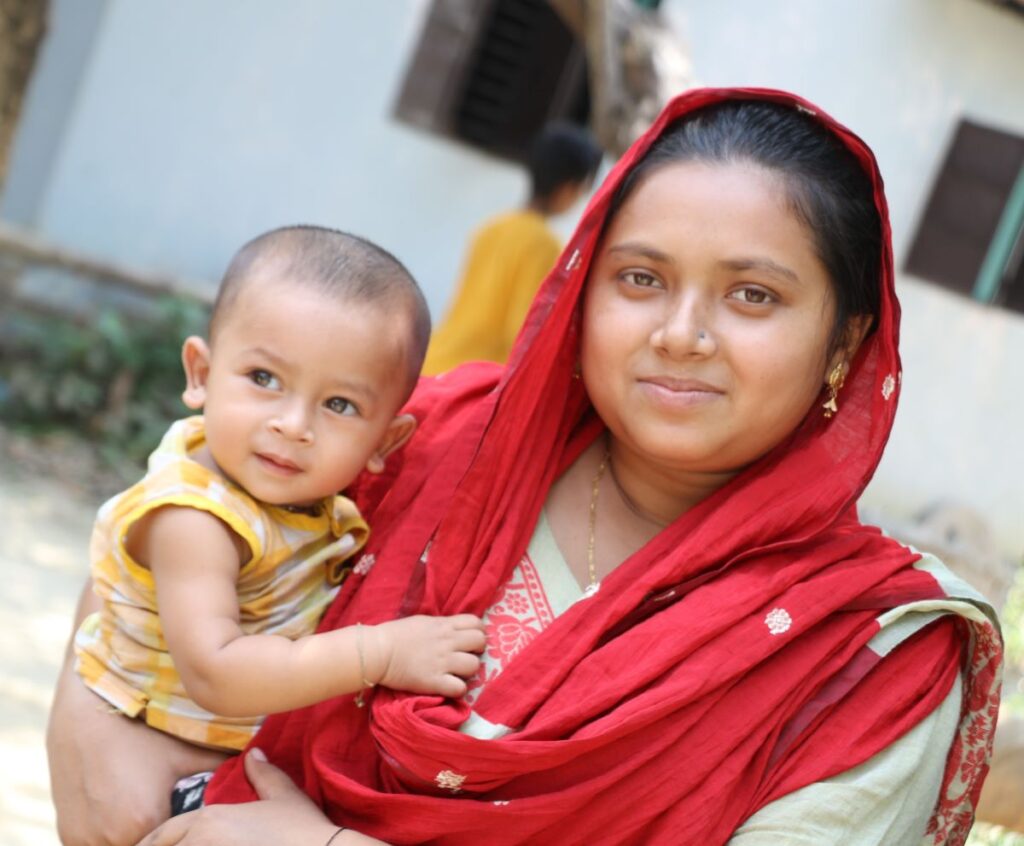
Healthy Women, Healthy Families (Shustha Ma, Shustha Poribar) Factsheet
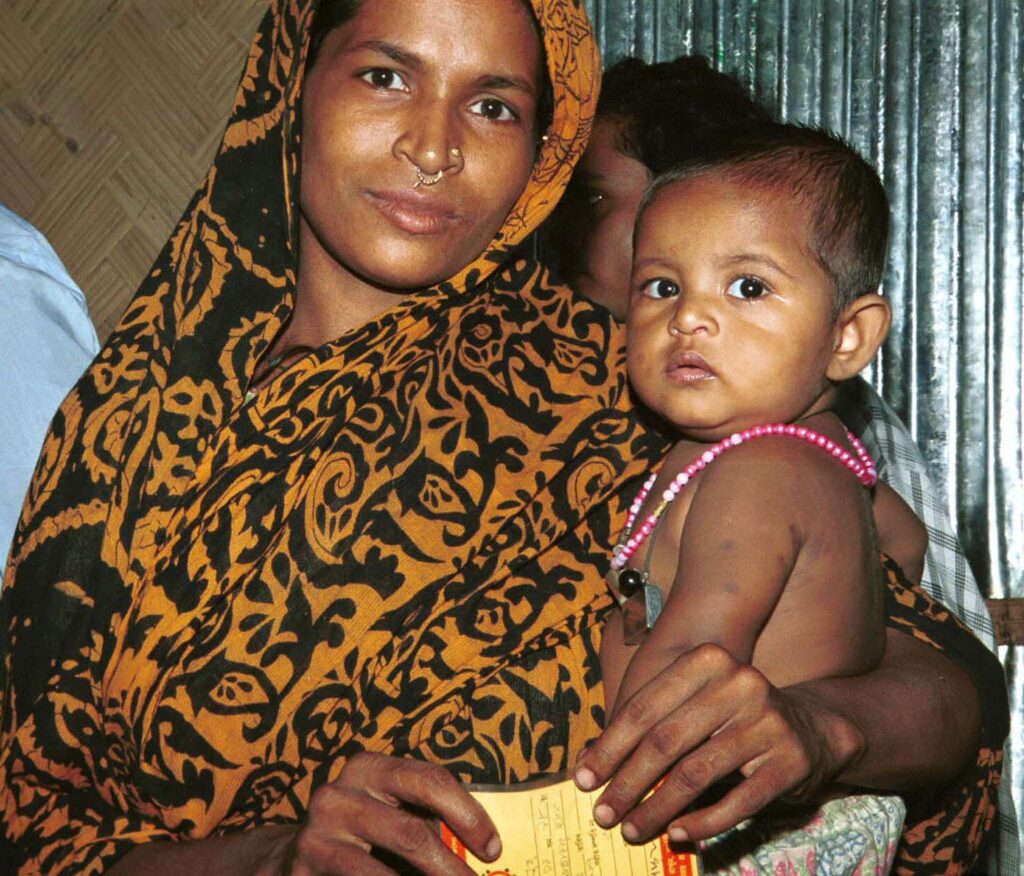
Evaluation Findings of the Healthy Women, Healthy Families Project — Bangladesh
Awareness and Perceptions of Emergency Contraceptive Pills among Women in Kinshasa, Democratic Republic of the Congo
Despite the commitment of the Democratic Republic of the Congo (DRC) to expand the family planning method mix and increase access to services, awar…
Prevalence and Determinants of Cervical Cancer Awareness among Women of Reproductive Age: Evidence from Benin and Zimbabwe Population-Based Data
The aim of this paper is to explore the prevalence and factors associated with awareness of cervical cancer among women of reproductive age in Repu…
Pregnancy Intention and Contraceptive Use among HIV-positive Malawian Women at 4-26 Weeks Post-partum: A Nested Cross-sectional Study
We investigated factors associated with unintended index pregnancy, unmet contraceptive need, future pregnancy intention and current contraceptive …
Women’s Enlightenment and Early Antenatal Care Initiation Are Determining Factors for the Use of Eight or More Antenatal Visits in Benin: Further Analysis of the Demographic and Health Survey
It has been widely confirmed that by implementing appropriate evidence-based practices, ANC can save lives. The new guidelines set by the Worl…
Factors Associated with Unmet Need of Family Planning and Its Impact on Population Growth in Bangladesh
Abstract In Bangladesh, fertility was high in the 1950s and declined to fewer than five births per woman in the early or mid-1990s like other developi…
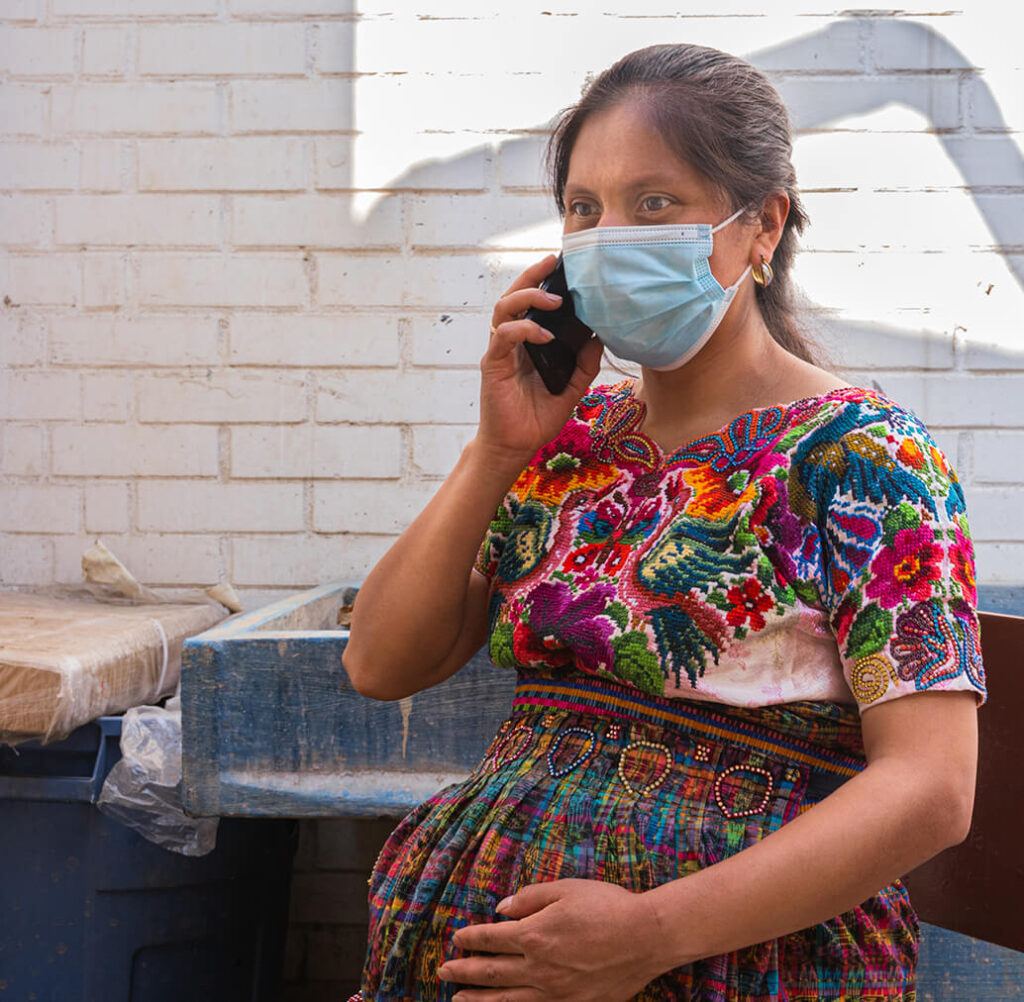
Increasing Indigenous Women’s Use of Antenatal Care by Engaging Communities

Endline Report: Assessing Effectiveness of a Person-Centered Group Care Model among First-time Mothers and Their Husbands for Improving Quality and Use of Maternal, Neonatal and Family Planning Services — Bangladesh
